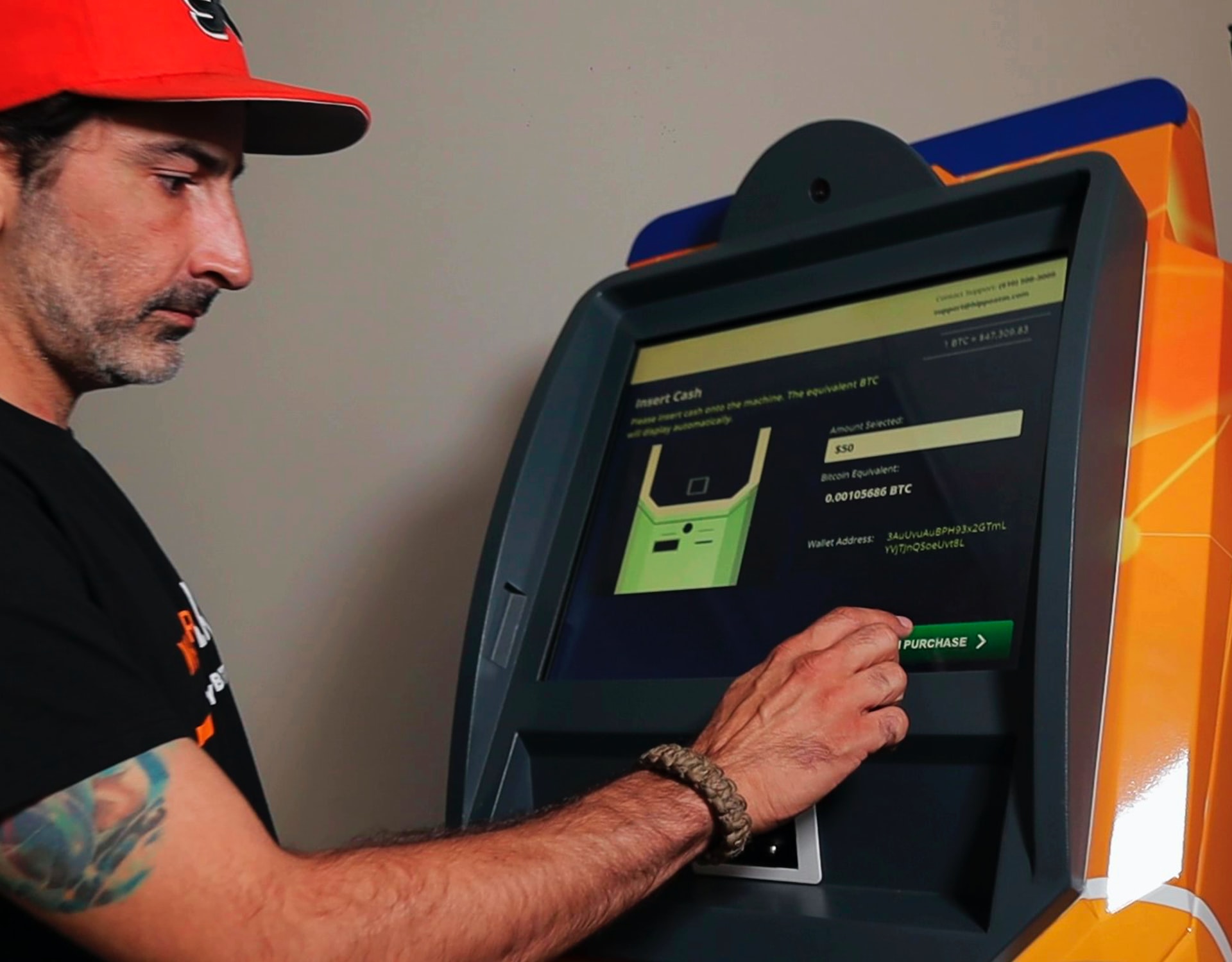

Did you know that nearly $3 billion had been laundered in crypto exchanges two years ago? The intensity of the threat hasn’t slowed down, so if you are planning to host an A BitCoin ATM in Florida, be cautious.
Money launderers take advantage of cryptos’ anonymity and high transaction speed to dupe unsuspecting operators.
If you must buy or sell cryptos through a Bitcoin ATM in Florida, you must own digital wallets or have accounts on crypto exchanges.
ATMs make transactions much faster, and you can transfer assets anywhere in the world, outside banks and financial systems. That’s quite tempting for criminals, isn’t it? Regulatory oversight is limited, letting money launderers convert illicit funds into cryptos to bypass AML checks. How does this happen?
Things you must know when you host a Bitcoin ATM on your own:
Cryptos may be the new kid on the block, but traditional criminal strategies continue to be relevant.
- When you host a Bitcoin ATM in Florida, you may notice certain users making crypto transactions in smaller amounts to bypass reporting thresholds. Some tend to make high-end transfers within a concise time. Others may transfer crypto deposits to a provider in a jurisdiction with hardly any rules or regulations.
- Transaction patterns can also indicate a red flag. For instance, new accounts might be funded in ways that aren’t consistent with the user profile or financial status. At times, new accounts can be funded with a considerable deposit either traded or withdrawn on that day itself. You need to look into it if there are frequent Bitcoins transfers within a set time, like a week or month. Incoming small crypto amounts from unlinked wallets which are being converted to fiat money or sent to another wallet should be noted.
All crypto-related businesses called VASPs in countries with transposed FAT requirements in their national laws must deploy methods to detect money laundering. Almost 60% of crypto ATMs are in the US. So, if you are keen to install a Bitcoin machine here, you must register with FinCen.
Accordingly, you must comply with FinCen rules and meet regulatory expectations. You need to develop an AML program for this; it will cover measures to stop money laundering through your Bitcoin ATM.
This program must develop reasonable policies and controls to ensure compliance with BSA or Bank Secrecy Act. A compliance officer will be held responsible for ensuring daily compliance with the program.
He will assess the risks of an ATM and decide on the location and the kind of clients it will cater to. He will determine regions that will be included and the sizes of individual transactions through a BitCoin ATM in Florida.
Besides, personnel will be provided with the necessary training to understand their responsibilities in this program. The training addresses money laundering strategies, evaluating ATM risks, red flags, and risks faced by compliance teams. The AM program has to be independently audited by qualified third-party consultants.
So, before you install and run a Bitcoin ATM, be aware of these essential things to be sure you are not encouraging illicit activities.
Final Thoughts on BitCoin ATM in Florida and Hurricanes
On the heels of any devastating storm such as a hurricane comes a new dimension of disaster: ATMs are down, and people can’t get cash. Many of these new ATMs are fully operational and allow users to exchange their BitCoin for cash. Customers are still able to use cash to purchase Bitcoin from the machine.
After the devastating effects of Hurricane Ian in September 2022, people in Florida desperately need some cash. Unfortunately, most of the typical ATMs in the area have been destroyed or are without power or cash—but there may be a solution. A BitCoin ATM can give you cash quickly and easily; this one is worth checking out!







